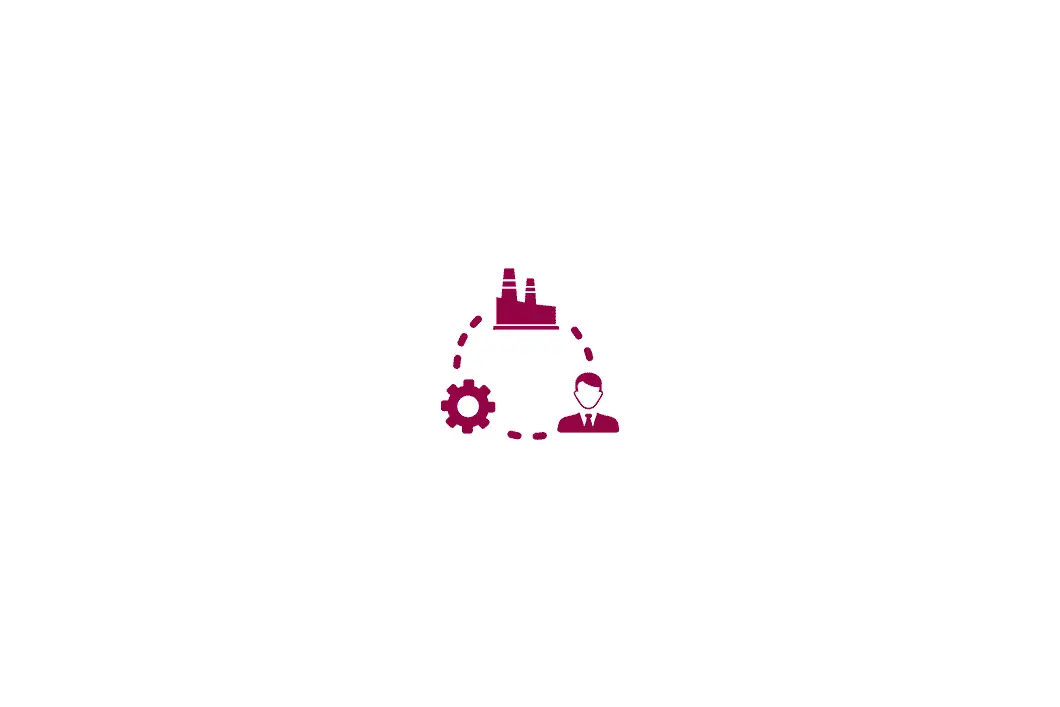Process safety is a framework aimed at managing operating systems and processes that directly handle hazardous substances. Utilising a range of design, engineering, maintenance and operating practices, the primary aim of process safety is to restrict potentially catastrophic incidents caused by dangerous materials or energy because of human error, technical faults, or a series of unfortunate coincidences.
Although the implementation of appropriate process safety practices is a constant necessity across the industry, many organisations do not realise the increase in susceptibility of loss to fire and explosion when restarting operations that have not been active for an extended period. Recent studies have indicated that in the petrochemicals and chemicals industries up to 40 to 50% of process safety incidents and/or major losses have occurred during start-ups, shutdowns and other similar infrequent events.
The most common theme for many industries recently has been the shutdowns and subsequent start-ups of manufacturing operations that have been hit directly by the impact of Covid-19 or the subsequent economic impact that the pandemic has had globally. Although the rapid global shutdowns of multiple manufacturing industries at the same time is an extremely rare occurrence, businesses must be aware of potential weaknesses when restarting operations after an extended absence. Even though there has been a recent resurgence of literature on manufacturing operations due to the recent pandemic, safe restarting should be a priority for all organisations seeking to restart operations following idle periods.
A very recent (and unrelated to the pandemic) example of the incorrect preparations for the revival of operations occurred when the US Environmental Protection Agency (EPA) ordered a suspension for operations at a refinery on St Croix, US Virgin Islands (VI). Following almost a decade of in-operation, the facility experienced multiple air polluting events and a flaring incident just months after operations restarted. Furthermore, in India just last year, a styrene gas leak caused twelve deaths and hundreds of hospitalisations as a plant, without correctly implementing thorough process safety procedures, restarted production after a 44-day shutdown.
Although it is common for singular processes to be shut down for maintenance, inspection or other reasons, a holistic safety review of a plant must be undertaken if it has, in its entirety, been shut down for an extended period. In this short blog, we will outline just a few key elements that should be taken into consideration when looking to restart manufacturing operations.
Study Previous Processes
A crucial first step when restarting a manufacturing process is to document the state of operations ‘as found’. Using thorough documentation, enough detail on the state of current processes is needed to ensure a safe start-up. During this period, you must consider what is different and what has changed since previous operations were last active. This should include equipment, operating conditions, layout and the storage of raw materials. Again, the key factor during the documentation stage is in its detail. When documenting raw materials, for example, details such as the storage, the potentially adverse effects of environmental conditions and the material’s lifespan should all be taken into account to ensure complete accuracy.
Additional inspections and reviews of equipment are also necessary during the pre-start-up review. During an extended period whereby, operational equipment has not been used, then they must all be investigated to decrease the risk of potentially hazardous incidents. It is recommended to walk process lines to examine piping, machinery and leaks via rotating equipment, shutdowns and relief systems.
Studying previous processes and documenting any changes that have occurred during extended shutdowns is the first step in minimising process safety risk when restarting operations. By documenting these changes, an organisation will be better prepared to complete the next stage – the creation of a Pre-Start-up Safety Review (PSSR).
Create a Pre-Start-up Safety Review (PSSR)
Using the review documentation as previously described, the next step is to create a Pre-Start-up Safety Review (PSSR). A Pre-Start up Safety Review is undertaken to confirm that all elements of a facility, from equipment to organisational management, have been correctly addressed so that a facility is safe to start-up. Although a PSSR is usually undertaken after the completion of a construction project i.e., construction of an entire facility or process, a site should undertake a PSSR when if it has not been in use for an extended period.
In many organisations, the undertaking of a PSSR is a step completed during the Management of Change (MOC). While many process safety practices such as Process Safety Analysis (PSA), operating procedures and construction checklists will establish outputs for PSSRs, they should not be used as a means to evaluate fundamental frameworks. Instead, the PSSR should seek to ensure that specific protections were considered in the original design of a facility or process and that any other recommendations that have been mentioned previously have been completed to a satisfactory standard.
PSSRs are group exercises that rely on the collective knowledge of a multidisciplinary team. This multidisciplinary team usually consists of a group of dedicated and experienced discipline engineers, alongside operational and maintenance personnel. During this meeting, the team should review all relevant items that have been collated on the PSSR checklist. This checklist may include, but is not limited to:
- Review documentation of procedures, equipment, piping and instrumentation diagrams (P&IDs) etc.
- Physical visits to installed equipment and processes to confirm start-up readiness
- A review of personal, training and organisational culture
- The creation and implementation of a list of actionable items that require change before operational start-up
As with any safety plan, a proposed checklist of items must be thoroughly verified before a restart to ensure that any potential hazards have been addressed.
Equipment
Correctly checking all of the equipment that makes up your processes during a Pre-Start-up Safety Review is a step that needs to be detailed further. If the machinery that makes up your process has been idle for some time, a team of experts should thoroughly check all inspection and maintenance manuals and instruction guides that have been published by the original equipment manufacturer (OEM). These guidelines will outline how equipment should be prepared before restarting.
Alongside any original equipment manufacturing checks, an added safety step should be seen as a pre-requisite before restarting any operations, that is the cleaning of such equipment. Not only will this aid in the fight against Covid-19, but the accumulation of dust, and especially combustible dust, that may have built up during the period of idle operation, could potentially become a safety hazard. Therefore, it is critical to conduct any necessary cleaning or sanitising processes. After determining the combustibility and accumulation of dust on equipment and the surrounding areas across your process, then appropriate procedures for cleaning equipment should be applied.
Training and Culture
A comprehensive review of process safety training for all personnel should be a constant mainstay for organisations that either have or wish to create, a credible organisational-wide process safety culture. However, with the susceptibility of loss to fire and explosion when combined with the infrequency by which businesses restart their operations, training on specific start-up procedures and subsequent fail-safes is an extremely beneficial task.
Furthermore, a holistic top-down culture that includes strong leadership and company-wide communication is critical during the start-up phase. Having an informed workforce that maintains and seeks to improve process safety culture is important during this specific time of unprecedented stress and anxiety.
A discussion on restart plans in pre-start-up meetings should include a mixture of competent operations, maintenance, and engineering teams. As an organisation, you must recognise the need to drill restart procedures as a means to answer and understand any last-minute questions or make specific amendments to restart plans if it is necessary. Also, during the pandemic, you may have had unfortunate changes in personnel. However, all staff and management must be confident in knowing and applying competencies to safely operate entire processes.
All of this requires commitment and an understanding of the process safety operation from the very top of an organization. Commitment from business leaders to understand and involve themselves in an effective process safety strategy is the pillar to success. Although you might employ and train process safety specialists, you need to consider a holistic approach to process safety in your organisation. You can read more about process safety culture in our dedicated Business leadership and process safety: an introduction blog.
Conclusion
All organisations, no matter how complex their processes are, must proceed with caution when they look to restart operations. They should look to study previous processes and create a Pre-Start-up Safety Review (PSSR). Organisations should also add focus to the state equipment in specific zones, with cleanliness being taken into account. Furthermore, a focus on training and process safety culture is also required during this delicate period whereby businesses are at a higher risk of loss from fire and explosion.
As businesses start reoperating following the pandemic or if they look to save money during the post-pandemic economy, they must remember to exercise extreme caution when performing restarting operations. They should consider conducting equipment and personnel assessments and must give priority to restarting operations that have life safety functions.
Restarting procedures vary by industry and company, so the application of specialist process safety methodologies and techniques is required to ensure achieve maximum safety during start-up procedures.
Sigma-HSE are recognised process safety experts and have aided in the safe start-up for businesses across various industries. Our consultancy team are on hand to discuss your requirements and will work with you to provide actionable safety solutions that are both cost and time effective.



